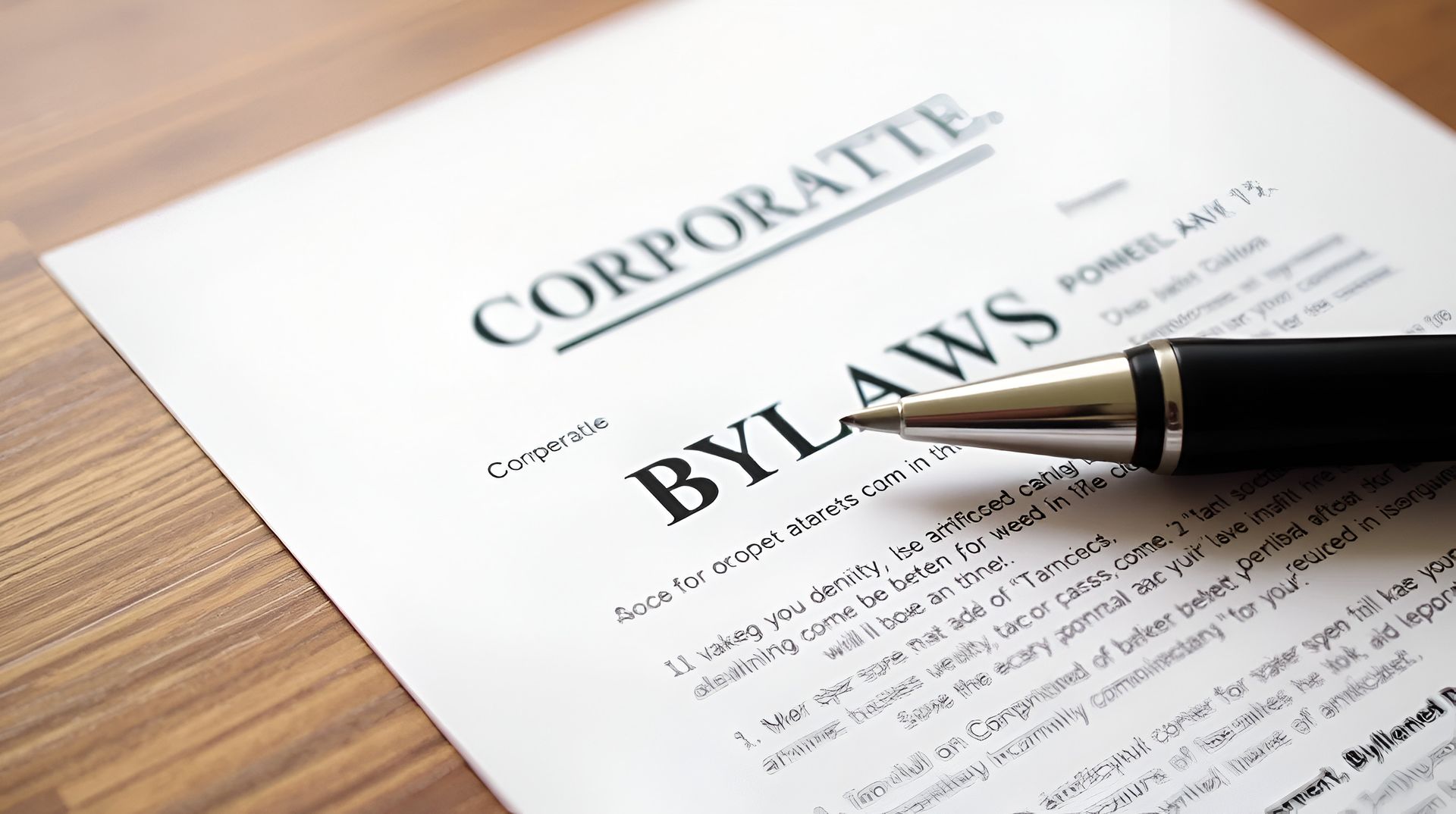Blog

Summary judgments – or legal decisions made by a court without a full trial – can be granted in civil cases, including personal injury claims brought against businesses in Georgia. They’re only granted in scenarios where the parties are in agreement over the material facts of the case, or those facts can’t be disputed.
A summary judgment essentially means all the evidence presented in motions and responses up to that point is adequate for a clear determination to be made, making a trial unnecessary.
Example of a Summary Judgment in an Injury Claim Brought Against a Business
Consider a scenario in which a customer at a grocery store alleges they slipped and fell on a wet floor, resulting in serious back injuries.
After the discovery phase, wherein both parties exchanged all their evidence and conducted depositions, it becomes clear that:
- The grocery store has evidence (like employee testimony, logs of inspections, cleaning schedules, etc.) that the store’s management and employees had no actual knowledge of the wet floor before the slip and fall occurred and that the required inspection and cleaning schedules had been followed prior to the incident.
- The store has timestamped surveillance footage showing the spill occurred moments before the fall. The store argues they could not have reasonably known about the hazard due to the short period of time between when the spill occurred and the fall.
- The store is able to demonstrate they have strict policies on placing wet floor signs.
- The surveillance footage shows the plaintiff was looking at their phone when they fell, suggesting they weren’t paying attention to their surroundings when the accident occurred.
In this case, the defendant’s legal team may seek summary judgment because there is likely no way to dispute the material facts (such as store policies and timestamped video). The evidence in the scenario conclusively shows that:
- The store had a reasonable system in place for identifying and remedying spills
- The store could not have known about the spill prior to the fall
- The plaintiff’s comparative negligence contributed to their own injuries
In a summary judgment, the court would typically find that the grocery store did not breach its duty of care toward the plaintiff and dismiss the personal injury claim against the business.
What Types of Facts Are Indisputable?
Certain types of evidence are more indisputable than others. Company policies are usually not disputable, but whether employees adhered to those policies prior to an accident or injury can be disputed – as can the testimony of relevant parties in depositions. Corroborating, timestamped surveillance footage often isn’t disputable unless the angle of the video calls into question the fullness of what it shows.
Fault in an auto accident where both parties claim they didn’t do anything wrong – and there’s no surveillance footage of the crash – can be more difficult to ascertain. In that type of case, the testimonies of either party can potentially be disputed, making summary judgment less likely.
Scenarios Where a Summary Judgment May Be Issued for Injury Claims in Georgia
Your case may be eligible for a summary judgment if:
- There’s clear, indisputable evidence negating a key element of the opposing party’s claim or defense
- Facts critical to the case’s outcome are not being disputed by either party
- The outcome of the case is primarily dependent on legal principles rather than factual disputes
Can Summary Judgments Be Issued in Alternative Dispute Resolution (ADR) Proceedings, Such as Arbitration?
Summary judgments are a feature of court proceedings, not ADR methods. Although arbitrations can have similarly binding final decisions awarding damages or dismissing the case, those decisions aren’t technically summary judgments.
Can Summary Judgments Only Be Sought in Bench Trials Before a Judge?
No – a summary judgment can be issued in either jury trials or bench trials. In other words, the jury does not need to weigh in on the decision if the facts are not disputed and there is a clear appropriate outcome based on the evidence. Seeking a summary judgment before a jury trial may potentially be the preferable course of action, as it removes the unpredictable variable of jury deliberations from the equation.
Do You Believe the Facts in Your Business Liability Case Are Indisputable?
If you’re a business owner facing an injury claim and you’re confident the evidence exonerates you and your employees, seeking a summary judgment may be the ideal course of action. You may want to discuss the specifics of your case with Atlanta business liability defense attorney Cameron Hawkins by calling 678-921-4225.











